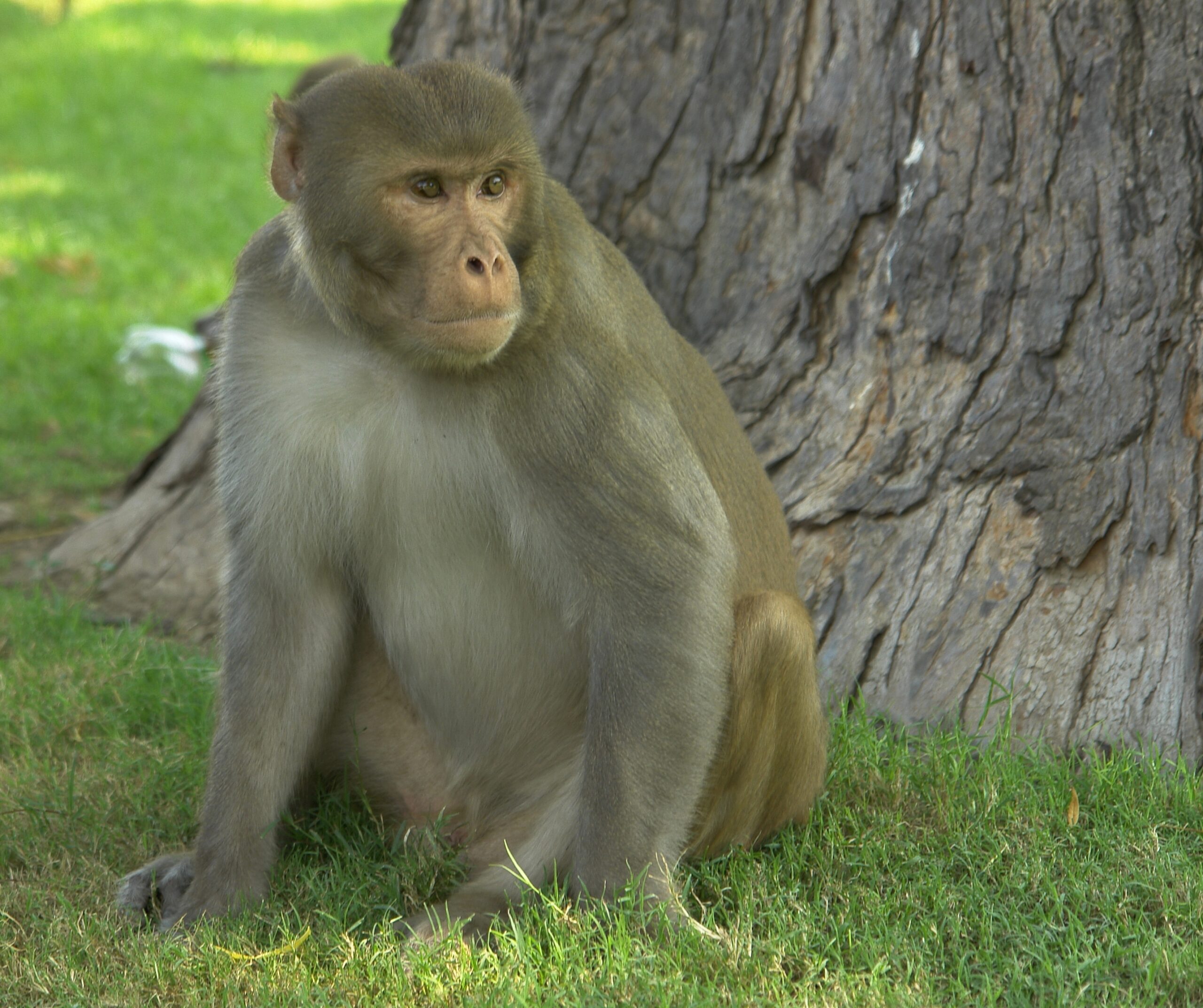Just as reports of a death caused due to Monkey B virus emerges from China, it is almost as though the entire world is watching with bated breath. A Beijing-based veterinary surgeon was found to be infected with the virus after dissecting two dead monkeys in March 2021.
The 53-year-old veterinarian started experiencing nausea and vomiting, and a month later, fever and neurological symptoms followed. He visited several hospitals but eventually died on 27 May 2021.
According to the Centre for Disease Control and Prevention (CDC), since Monkey B virus was identified in 1932, only 50 people have been documented to have infections, of which 21 have died.
Things to know:
- The Monkey B virus is found among the macaque monkeys. This virus can spread from infected macaques to people.
- As this is an extremely rare viral infection, it can lead to severe brain damage or death. If infected, the person must get treated at the earliest.
- It is largely present in the saliva, faeces, urine, brain or the spinal cord tissue of the monkeys.
- The virus can survive on surfaces for hours, especially in moist conditions.
How can you get infected?

Photo Credits: Wikimedia Commons
- If you are bitten or scratched by an infected monkey.
- If you get an infected monkey’s tissue or fluid on your broken skin or in your eyes, nose or mouth.
- If you are injected with a contaminated syringe.
- If you scratch or cut yourself on a contaminated cage or other sharp-edged surfaces.
- If you are exposed to the brain (especially spinal cord or skull) of an infected monkey.
What are the symptoms to watch out for?
- Fever and chills
- Muscle ache
- Fatigue
- Headache
- Small blisters in the wound or area of your body where the monkey came in contact.
Some other symptoms may include shortness of breath, nausea, abdominal pain and hiccups.
As the disease progresses, one may experience a new set of symptoms, which include:
- Neurological and inflammatory symptoms
- Problems with muscle coordination
- Brain damage
- Death.
There is no vaccine or treatment protocol for Monkey B yet. As of now, there has been only one reported case where an infected human has transmitted the virus to another person.
To stay updated, you can click here to access more information on Monkey B virus.
(Edited by Yoshita Rao)
No comments:
Post a Comment